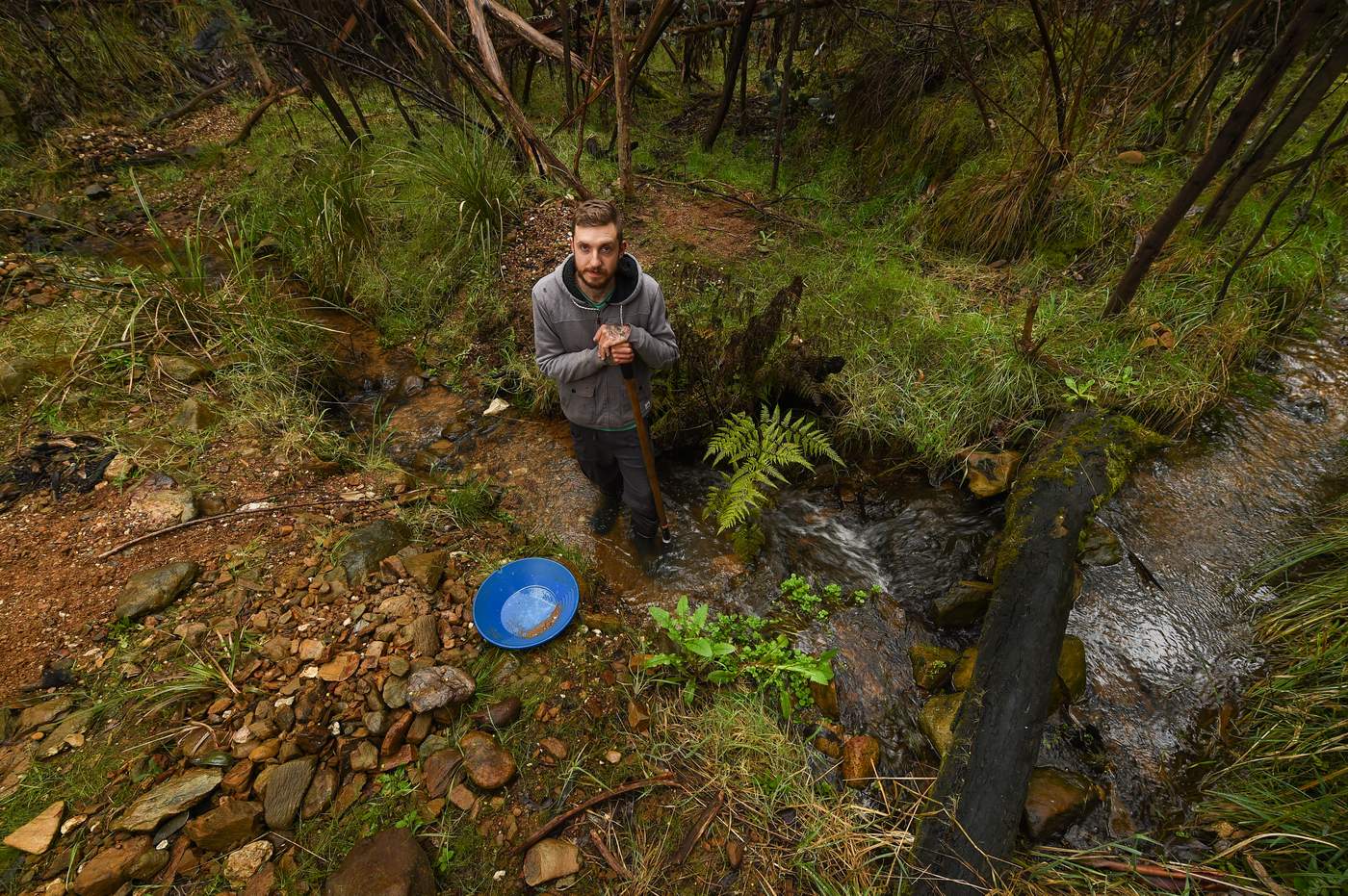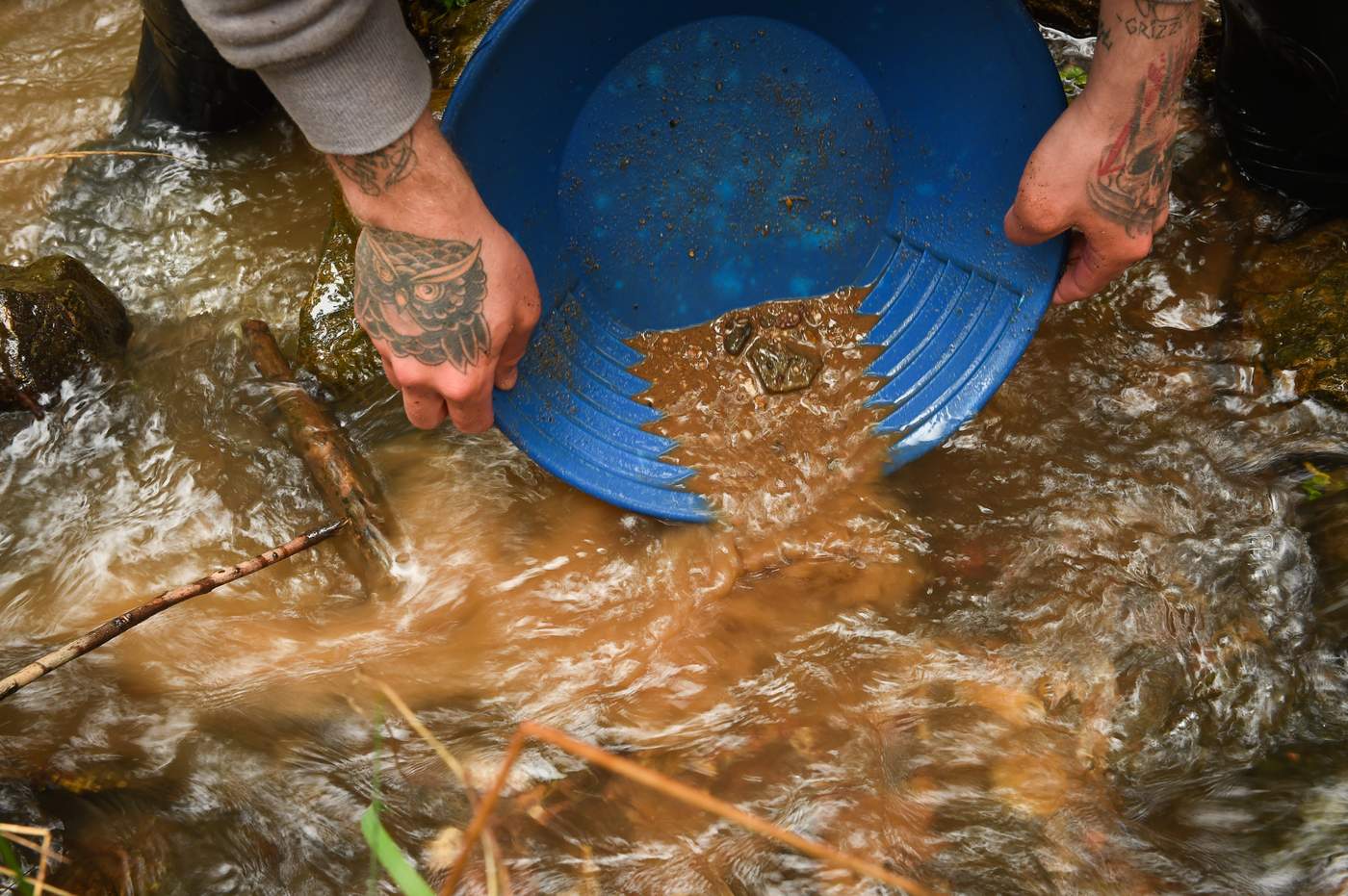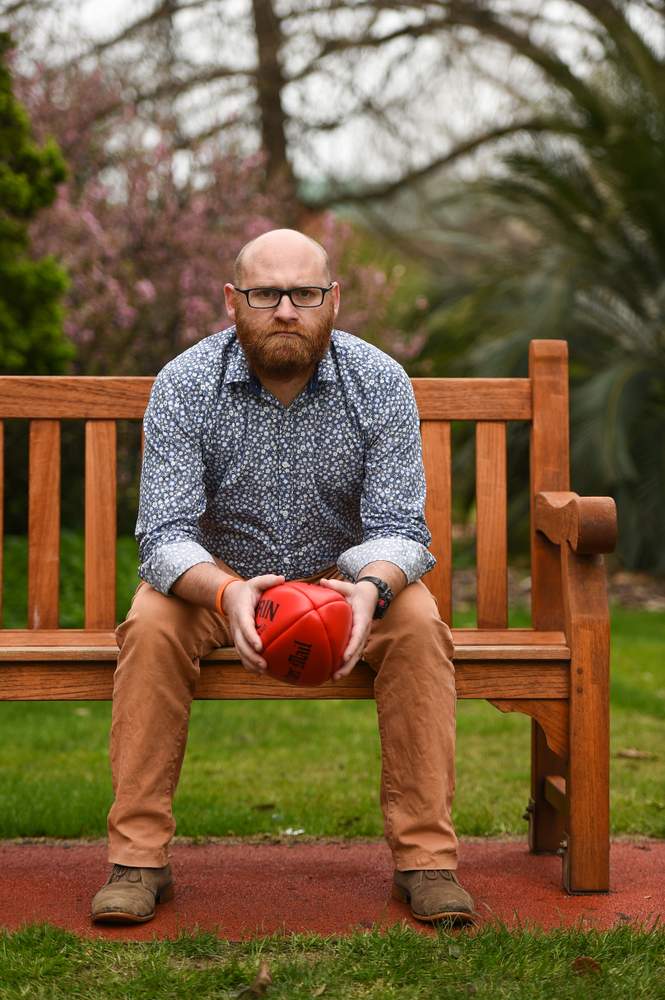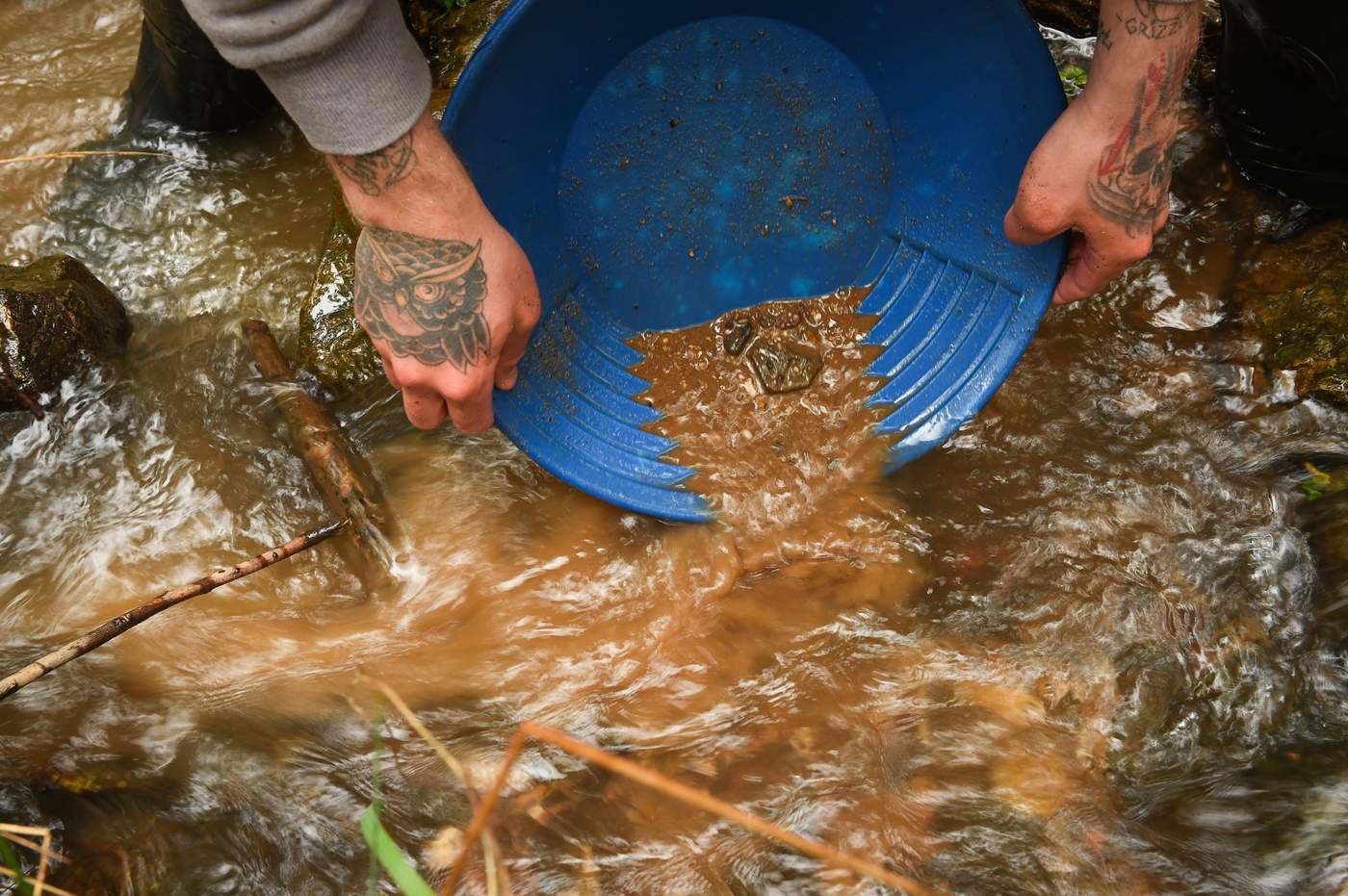For close to three decades Dale Skinner wore a mask.
Growing up he didn't know what was 'wrong' with him, but he knew something was different.
So he hid.
"For a long part of my school years I’d go to school and pretend to be four different people,” Dale says.
"I knew I couldn’t stay with one group for too long so I’d fluctuate and move around from group to group.
"Putting a different mask on each time so people wouldn’t see who I was because I was ashamed of who I was."
But the Wodonga Saints Football Club president doesn't hide anymore.
At 28, Dale found himself at the tail-end of a broken marriage, having almost lost his job and with an ill-fitting depression diagnosis.
"I’d had another several attempts at my life, I’d spent time in psychiatric wards and I’m not sure what triggered it at that time but something triggered in me to say I either need to accept my life is done or I need to do something about it," he says.
A specialist referral, 600 kilometres and ten minutes into a consultation, Dale had an answer after decades of confusion.
"He described 28 years of my life in ten minutes," he says.
"He said 'you’ve got bipolar type two'."
On the long-journey back home, anger seethed through Dale - not because he had a diagnosis, but because so many did not.
At the time, it took an average of 15 years from initial depression diagnosis to a correct bipolar diagnosis for Australians.
That figure is now closer to eight years.
The gap - combined with incorrect treatment - is one of the reasons for the high suicide rate in people with bipolar; some are only diagnosed post-mortem.
Chris too knows what it's like to wear a mask.
He says for some with a mental illness being a fully functioning member of society isn't a problem.
The real challenge is not losing yourself in a facade.
"Most people who have [a mental illness] to a really high degree are very good at hiding it," he says.
"I went years and years without telling anyone.
"I’ve laid on the floor with a shotgun thinking about putting it in my mouth and blowing my head off - and then woken up the next morning and went to work - I ran my own business while doing that.
"That hiding, depending how good you are at hiding, is the danger point."
Seeing others struggle with self-stigma drive Dale to speak out for the Black Dog Institute and raise awareness of mental illness, especially bipolar type two.
"Growing up, definitely, I had a lot of guilt and shame," he says.
"I speak to a lot of people who they give themselves a life sentence because of a diagnosis.
"Self stigma does more damage than that external public stigma.
"There are billions of people better than me but what I try to get across to people is you can still function in society.”
Dale Skinner, now 43, has dedicated his life post-diagnosis to raising awareness of mental illness, especially bipolar type two.
Bipolar type two, differs from its more well-known counterpart as the person experiences periods of hypomania rather than mania.
Hypomania refers to a sustained elevated or irritable mood often accompanied by periods where the person does not need much sleep, engages in risky behaviours and experiences racing thoughts or speech.
"That day driving back from the specialist, I decided no matter what I’d always tell my story," Dale says.
"No matter how uncomfortable it was, no matter what reaction I got from people I would always tell my story in hope of helping other people.”

"When people talk about mental illness they talk about depression and anxiety, people don’t talk about bipolar, especially bipolar part two.
"I don’t criticise anyone for that I encourage people to ask me questions so they can learn, people are really surprised I can have bipolar type two and can be a fully functioning member of society."
Chris believes many people lack an understanding of complex mental illnesses like bipolar, schizophrenia and PTSD, instead seeing them as caricatures.
As someone with a mental illness, he says it's hard to hear terms thrown around in everyday conversation.
The weather was bipolar today.
I'm depressed because I wrecked my favourite shirt.
"[Depression] has been normalised almost," he says.
"I don’t think any disease should be normalised, you hear the word cancer and it’s insidious - it’s a horrible word - it conjures up images of bald children and green fluid going into your arm, depression is no less severe, it still kills people."
Chris says mental illnesses aren't all breakdowns and hospitalisations but rather a series of small daily impacts.
"A lot of people also don’t understand how the little things get affected," he says.
"For example, if you’re at the movies with your friends you’ll need someone to stand next to you to buy tickets.
"You need that person to stand there and do nothing, but they’re there and that is what allows you to progress and move forward.”
Having to ask people for assistance, whether directly or indirectly, itself can cause anxiety.
"You’ll feel guilty, you’ll be worried about them the whole time, thinking oh I dragged them into this, I’m making them feel terrible," he says.









